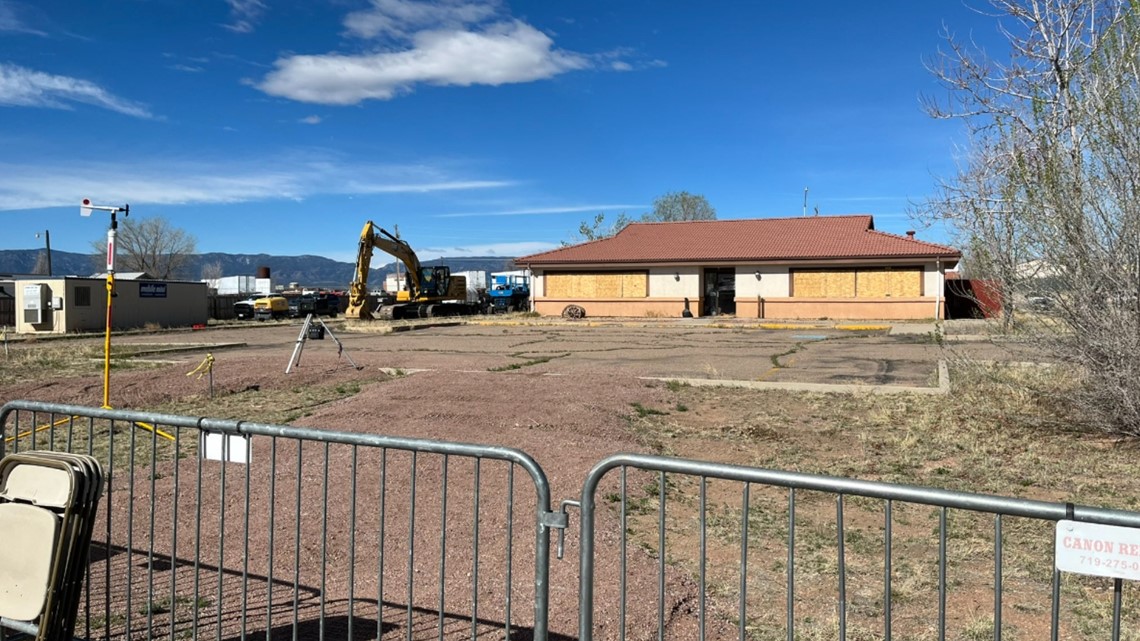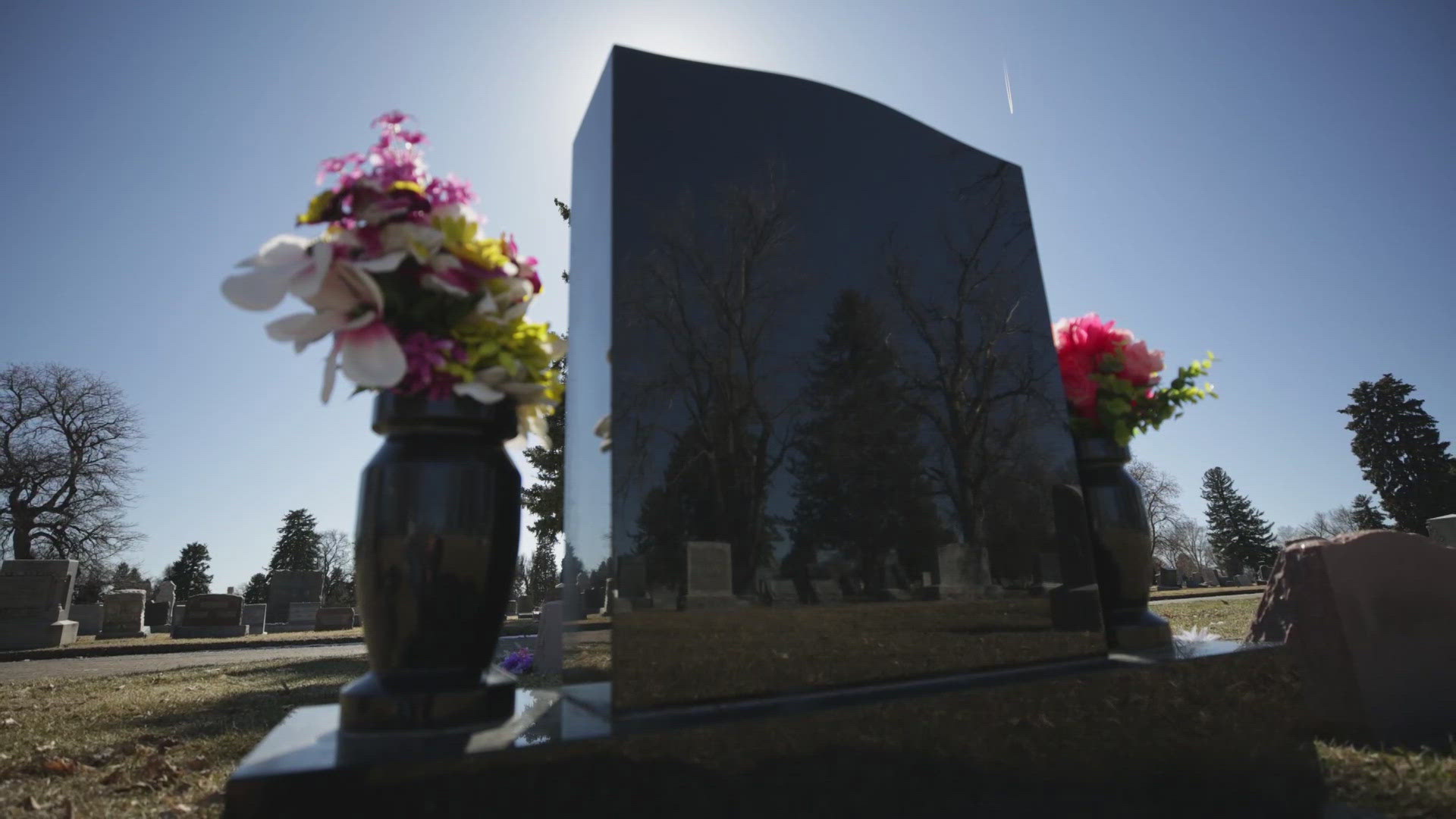DENVER — For the first time in more than 40 years, funeral professionals in Colorado will have to start carrying a license.
The bill that Gov. Jared Polis signed into law on Friday is part of a package of legislation aimed at funeral homes and will require funeral directors, cremationists, mortuary science professionals and embalmers to pass background checks and have certain educational requirements and time spent on the job.
“It's time to professionalize the funeral industry in Colorado,” Polis said before signing the suite of bills. “One shouldn't have to worry about whether the funeral professionals are trustworthy and are doing what they were paid to do.”
On Friday morning, Polis signed SB24-173 regulating the industry, HB24-1335 implementing recommendations from a sunset report concerning the mortuary science code, and HB24-1254 continuing regulation of nontransplant tissue banks.
The new regulations come months after Denver Police discovered boxes of cremated remains and a woman’s decomposing body inside a hearse during the eviction of a former funeral director in February. Months before that discovery, investigators in southern Colorado found nearly 200 bodies decomposing inside the Return to Nature Funeral Home in Penrose. And in 2018, the FBI raided a the Sunset Mesa Funeral Home in Montrose, and the funeral directors were convicted on federal charges after selling body parts.
RELATED: Colorado funeral home owners apparently sought to cover up money problems by abandoning bodies
In the early 1980s, Colorado legislators chose to deregulate the industry. The head of the funeral director’s association at the time blamed a rush of corporate-owned funeral homes looking to cut costs.


The funeral industry regulation law will require funeral directors, mortuary science practitioners and embalmers to graduate from approved mortuary science schools, pass a national board exam and have served an apprenticeship of a year or longer. Cremationists and natural reductionists must have received a certificate as a crematory operator from the Cremation Association of North America, the International Cemetery, Cremation and Funeral Association or a successor organization.
The bill carves out a path for current practitioners to earn a provisional license if they’ve worked in the field for 4,000 hours.
“The last thing you're probably thinking about when you're trying to lay a loved one to rest is: Is this business I'm going to reputable?” said state Sen. Dylan Roberts, D-District 8, who co-sponsored two of the bills.
Sheila Canfield-Jones, who lobbied legislators after learning her daughter was among the bodies found inside the Return to Nature Funeral Home, called the legislation a good first step. She said she and other victims’ families intend to keep pressure on the Department of Regulatory Agencies (DORA) to enforce the new rules.
“Knowing that you can keep other people from having this happen to them,” she said. “That's huge. That's very emotional, and very good.”
Danielle McCarthy, whose husband was among the victims of the tragedy in Montrose, lamented that it took this long to create change.
“I don't want other families to have to go through this,” she said. “It's bad enough that it happened to mine. And the fact that it happened to another 1,200 other families is not OK.”
DORA representatives will spend the next few months traveling the state to talk to people impacted by the funeral homes. By August, the department plans to start a rulemaking process for the licensure.
Contact 9NEWS Consumer Investigator Steve Staeger by filling out this form.
SUGGESTED VIDEOS: Politics

